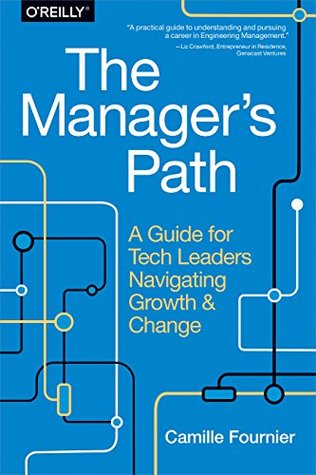
I finally finished The Manager's Path and highly recommend it for engineers at all levels. Camille walks through the skills that make engineering leaders valuable, the challenges they face, and practical advice on how to tackle tricky situations. I am not a manager, and never have been, but reading this booked helped me understand and appreciate the strengths of my current and previous managers; discredit some of my frustrations as shortsighted or one-sided, and validate others as real concerns; and most importantly, identify areas of improvement for myself.
Some choice highlights that spoke to me:
Process czars struggle when they fail to realize that most people are not as good at following processes as they are.
I have fallen into this trap many times over the course of my career. I like structure and I'm good at following it. Following a process relieves me of the mental burdern of revisiting and overthinking decisions -- and I am very bad at making decisions. But I've tried and failed to scale this methodology time and again, because I forget that my process reflect the way my mind works, and not necessarily reflect how others do their best work. I don't think that invalidates why process is valuable, but this was a good reminder that it can backfire as a top-down directive.
if you can’t communicate and listen to what other people are saying, your career growth from this point on will suffer.
I used to brush over the "technology is about communication" adage. It's not that I don't agree, but early in my career, I didn't have any personal experiences where bad communication caused bugs or missed deadlines. But in the past few years, miscommunication and hurt feelings have resulted in this enough times for me to start paying real attention. I now also deeply understand how important and hard it is to hire for these skills and how we (1) don't do it at all, and (2) when we do, we look for all the wrong signals.
It’s natural to feel some longing for simpler times, when it was just you and your computer and you didn’t have to deal with all these messy, complicated humans.
I don't really yearn to work alone, but I do yearn for working in less messy people situations. I liked that Camille acknowledges things like this and doesn't try to brush over how hard humans can sometimes be. That's what this book does best: it humanizes how software is made.
I have plenty more highlights on Goodreads here. Take a look and read the book!
